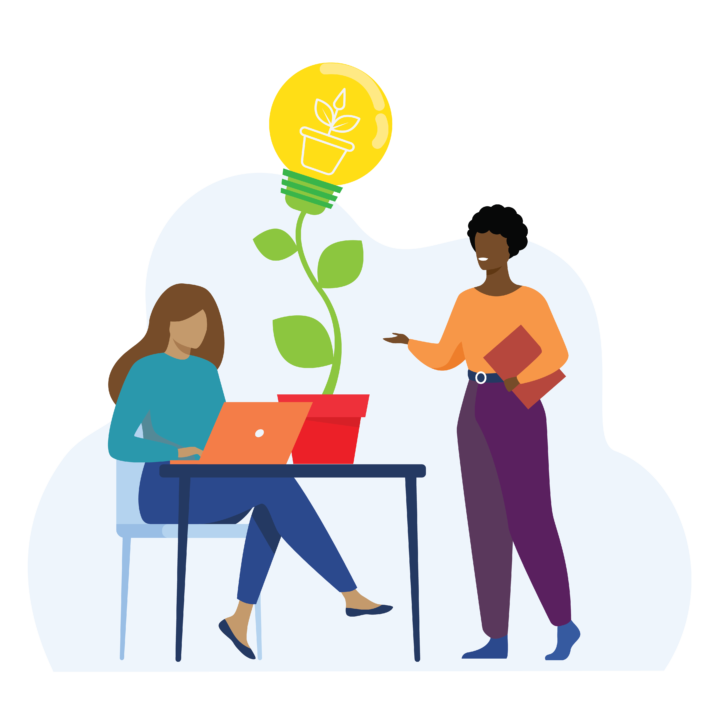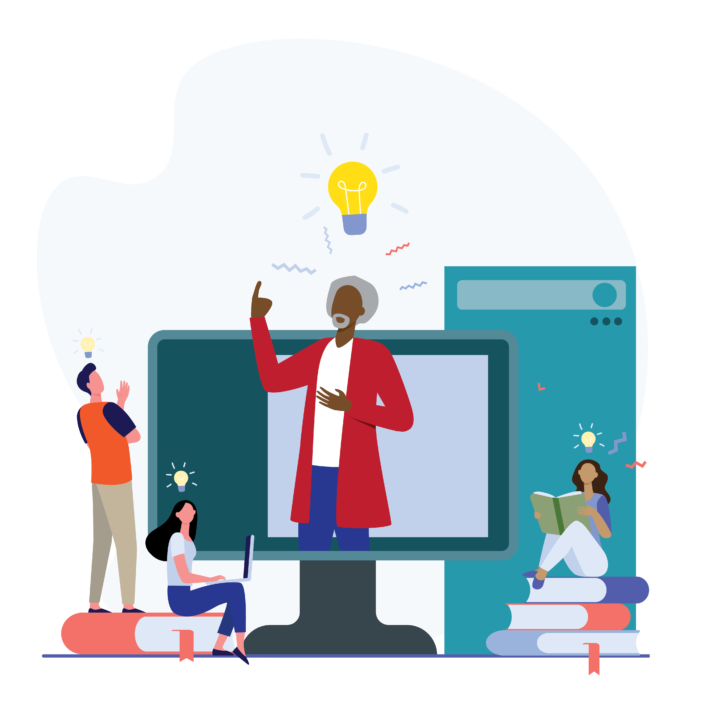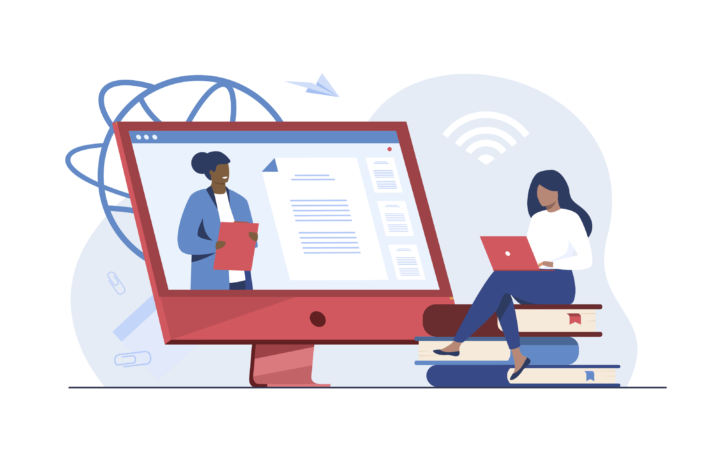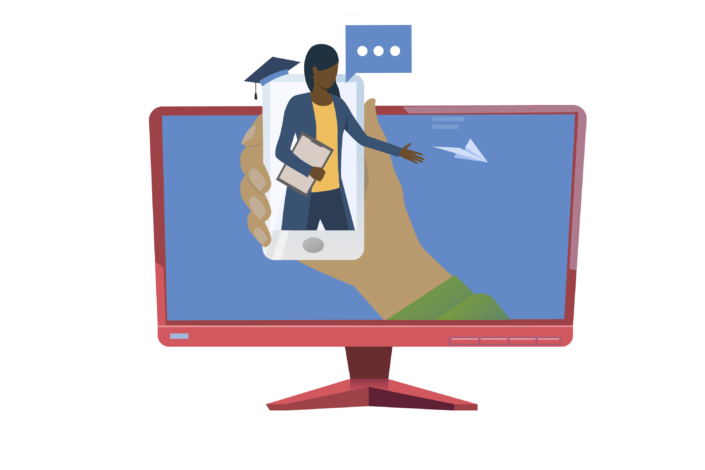The FOUNDATION TIER focuses on having coaching conversations (this could be with line mangers or peers for example) and on scaling up a coaching methodology that enables all staff to have access to conversations using a coaching skills approach. These conversations aim to improve performance, support the reframing of mindsets and embed behavioural change. Having conversations that focus on our resilience is about being open to learning and growth, being able to take risks because of a sense of being able to deal with the consequences of that risk and to understand the transitions that individuals will need support through. Evidence suggests that those with a growth mindset seek out feedback on how to improve, persist with work for longer and cope better with change.
1. Pre-work
Pre work module outlining concepts, tools and practices and building a common baseline of knowledge. Access to a wider online system wide repository of resources on coaching.
